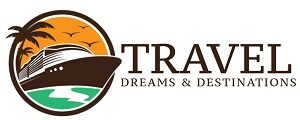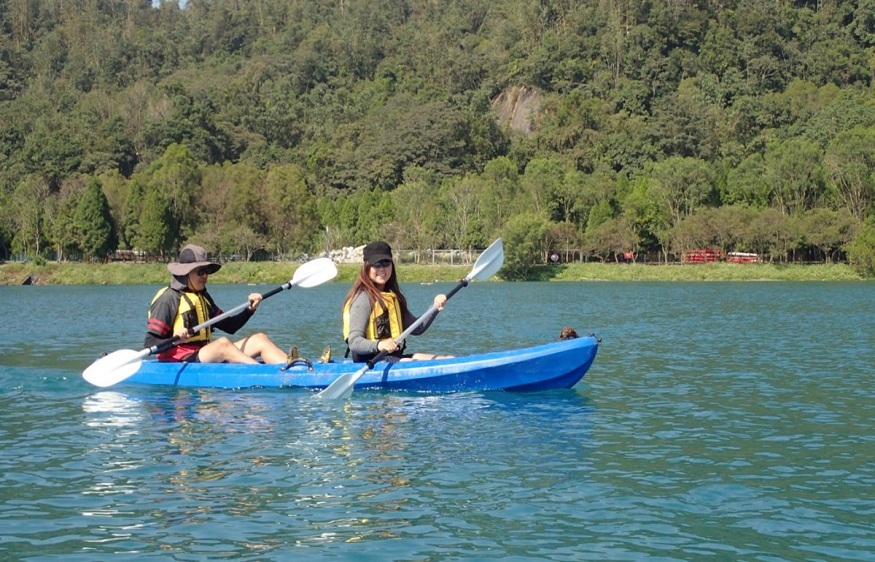This week in the “behind the scenes of travel” podcast, we are going to talk about an alternative mode of travel: the long-distance canoe kayak trip. For this subject, I handed my microphone to Céline who has already traveled more than 1000 km along the Loire with a paddle. This first experience gave him a taste for traveling on the water. Later, she set out to tour Corsica in an inflatable kayak.
Through many anecdotes, she tells us about her unusual experiences, her relationship to time and her very simple way of tackling the difficulties encountered along the way.
canoe kayak roaming hike
You can listen to this two-part interview directly via the players below or find them on your favorite podcast listening platform (apple podcast, deezer, spotify, podcast addict, etc.). Alternatively, you can read the transcript of the interview below.
Céline is the author of the blog “Voyages d’une plume” . A traveler sensitive to touching poetry, these escapades are a beautiful tribute to the slowness and strength of feelings. From South America to the Cévennes, Céline reconciles us with the very essence of travel, feeling emotions, letting oneself be caught up in the beauty of the ordinary, letting your heart speak. Her travel stories are subtly written, Céline is definitely one of my favorite feathers in the travel blogosphere.
The answer is very simple, it is friendship. In fact the idea, it did not come from me. I am a very good follower. I have a lot of original ideas but this one came to me from a friend who, during the first lockdown, was stuck in the south. At the end of confinement, she wanted to return home to Brest. And in fact, she noticed that the train tickets were very expensive. She didn’t want to fly. She looked at the map of France and she realized that we had a river that crosses a large part of France, the Loire. And then, from Nantes to Brest, there is the canal. So there is a clear path through the waterways. The only solution that remained in his eyes was to cross France by kayak. She suggested that we do it for two and I followed.
Have you ever traveled by canoe kayak before you started?
No way ! I think that between the two of us, we must have accumulated 30 kilometers of kayaking experience! We had each done it on our own when we were teenagers on a tourist outing. We did what we can do in the Gorges du Tarn or the Gorges de l’Hérault.
We didn’t know anything about the canoe or the regulations. We just knew we had to go to Brest and we wanted to go there by canoe kayak. We did more than 1000 kilometres, we left Roanne near Lyon and we went to Nantes via the Loire then we followed the canal from Nantes to Brest. Basically, I was in Chile and with the story of the pandemic and the confinement, I returned to France. Between the end of confinement, travel restrictions and the day of departure, there were three days. The preparation was therefore quick.
We also looked for information, especially on the Internet. We found that there weren’t many. The Loire is a river that is very popular in canoeing, but not necessarily over its entire distance. We bought the only book that exists on crossing the Loire by kayak and which is called “The Loire seen from the river” but we received it after leaving!
As we were going to bivouac, we had to check the supply points in the villages we were going to cross. We also had to know the obstacles we were going to encounter, such as nuclear power plants.
With his research, we knew that there was no ban on our project. So we left but without really knowing what awaited us.
Why did you choose to bivouac during these canoe kayak treks?
We are both followers of minimalist travel. We are also used to bivouacking. What weighed the most on the kayak was the food. We knew that in fact, being on the Loire, we wouldn’t necessarily have access to campsites so it was easier to bivouac.
In addition, we do not necessarily manage distances in the same way, on foot, by bike or by canoe kayak. In a kayak, you can find yourself in places next to wastelands, wastelands or forests. The road can be over four kilometers away and one cannot afford to haul the kayak to reach it and then hitchhike to a campsite. It would have required much more organization to provide accommodation on the route. And then, we were coming out of confinement and the campsites were not necessarily open at that time.
In fact, the bivouac is all the same freedom. It allows you to stop on a beach or a place that you like and where you can enjoy a beautiful sunset. Or, if we are tired of paddling, we can stop earlier than planned.
On the Loire, there are many sandbanks. There are times when we couldn’t move forward too much because of that. You had to get down and pull the kayak. We were hiking in the water. By bivouacking we were able to have flexibility and also stop depending on the weather conditions.

